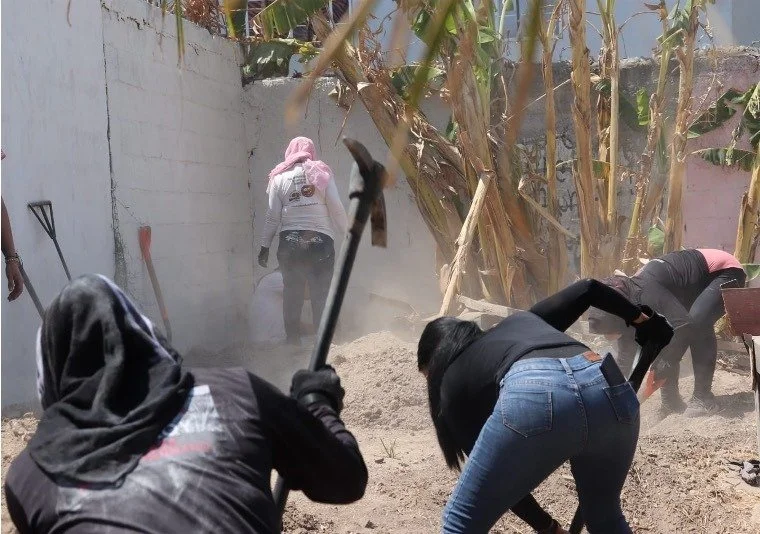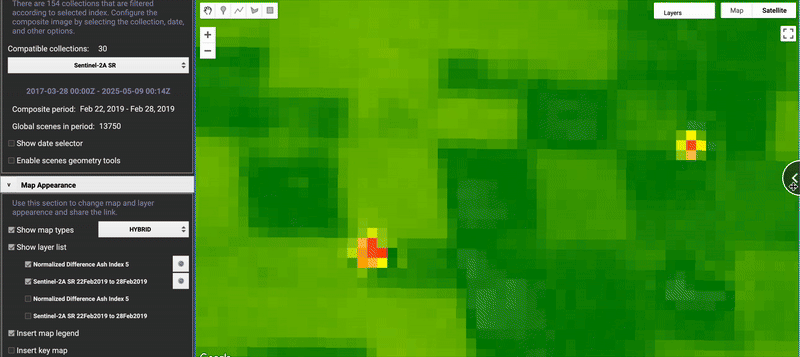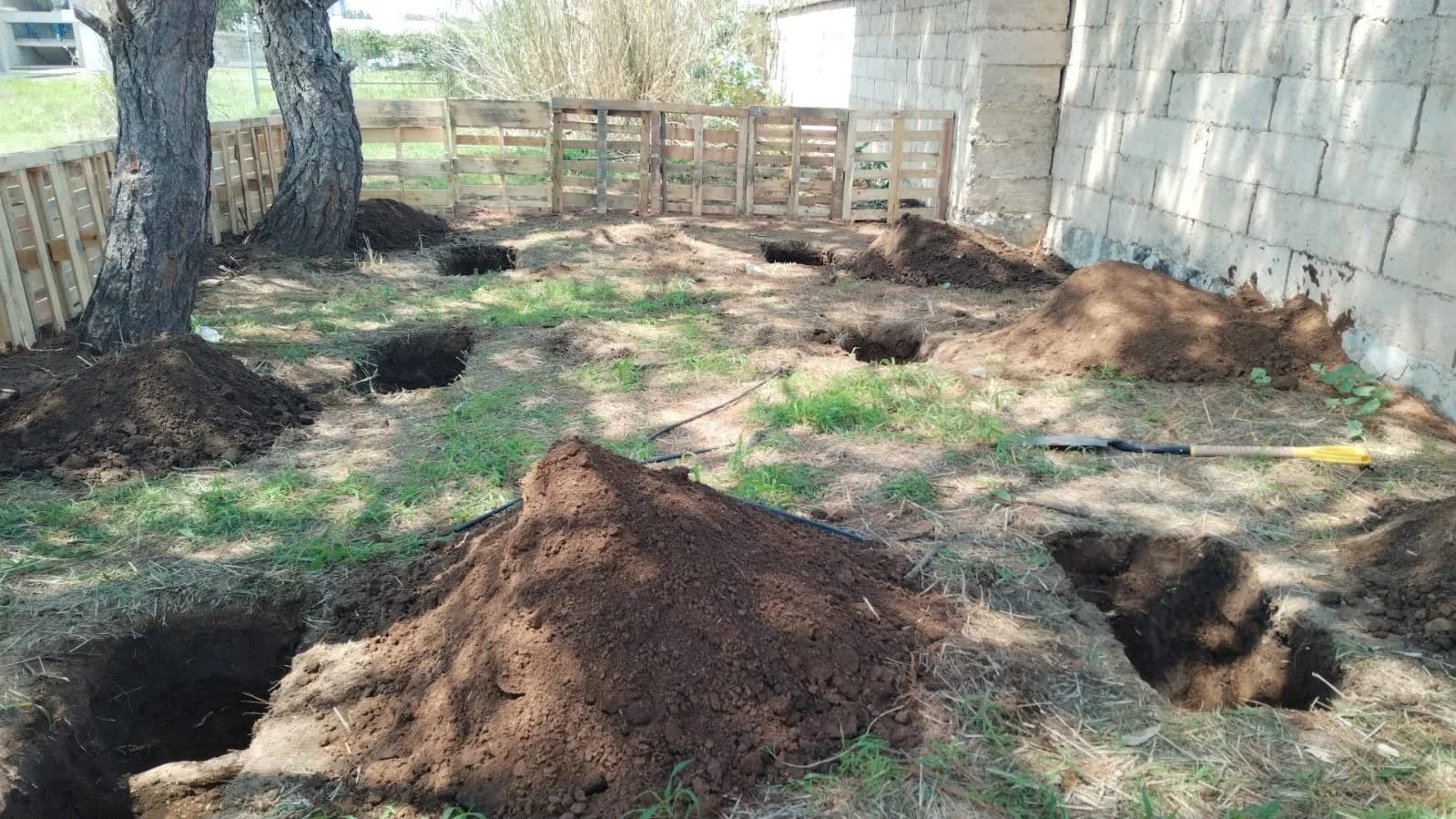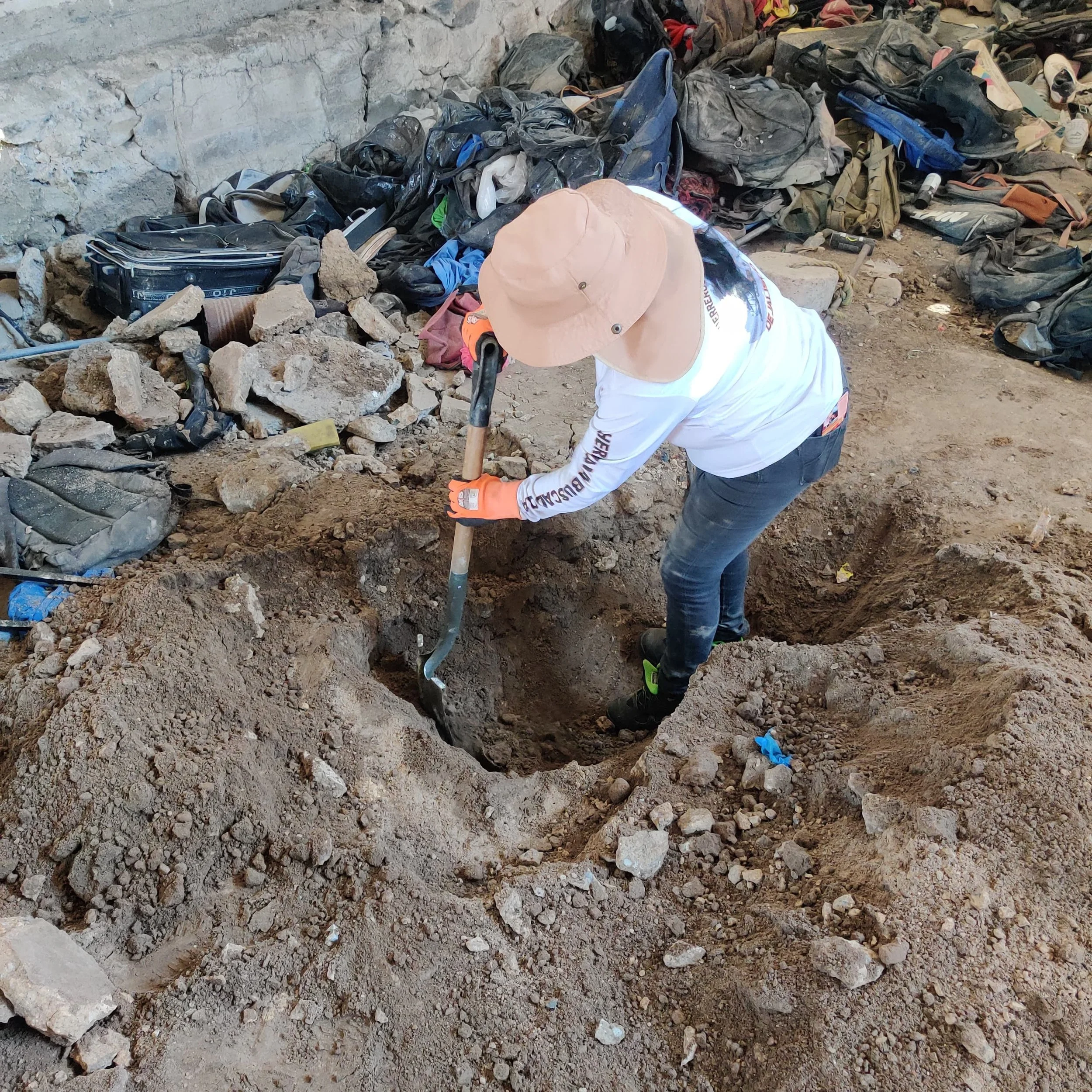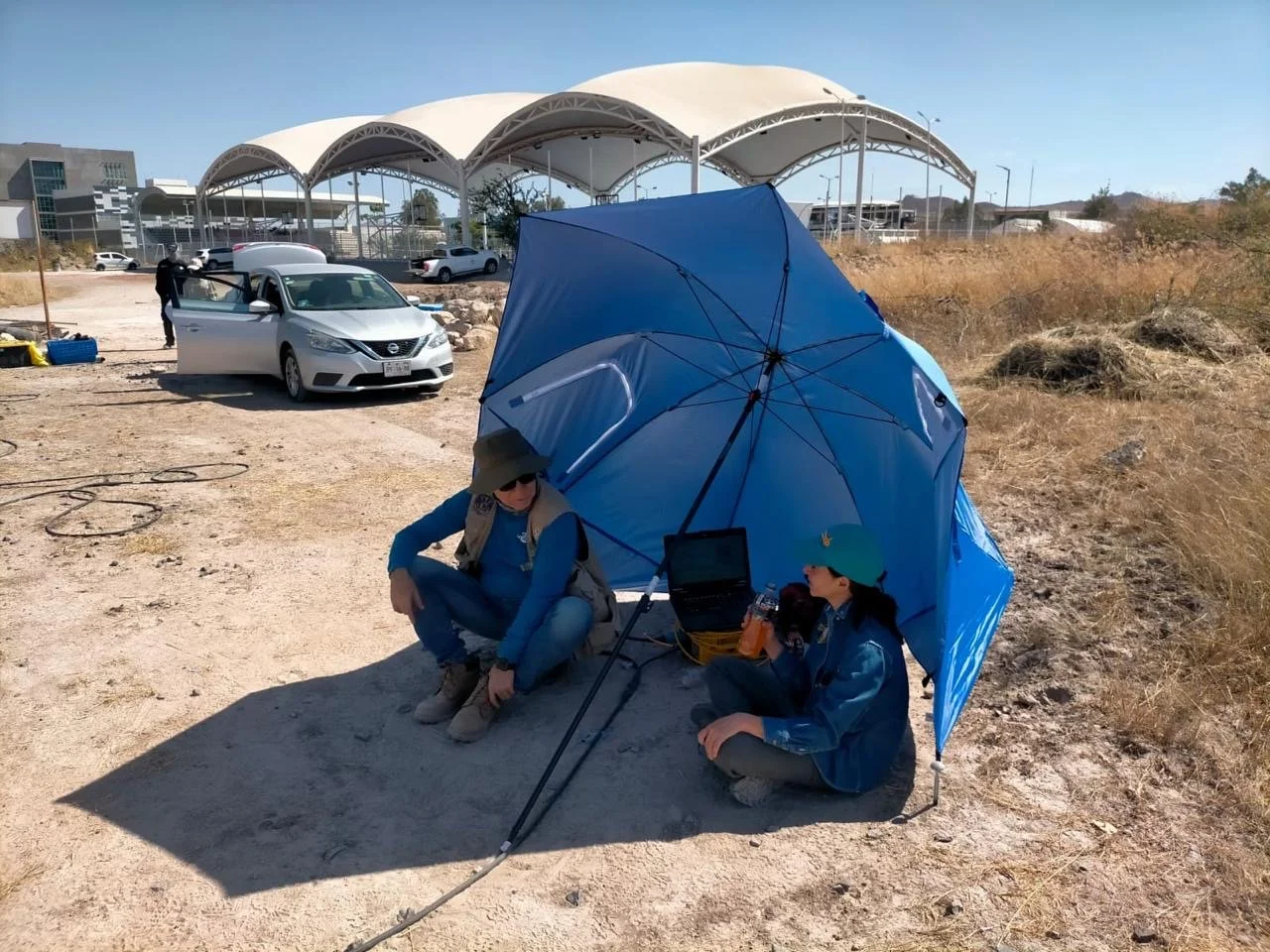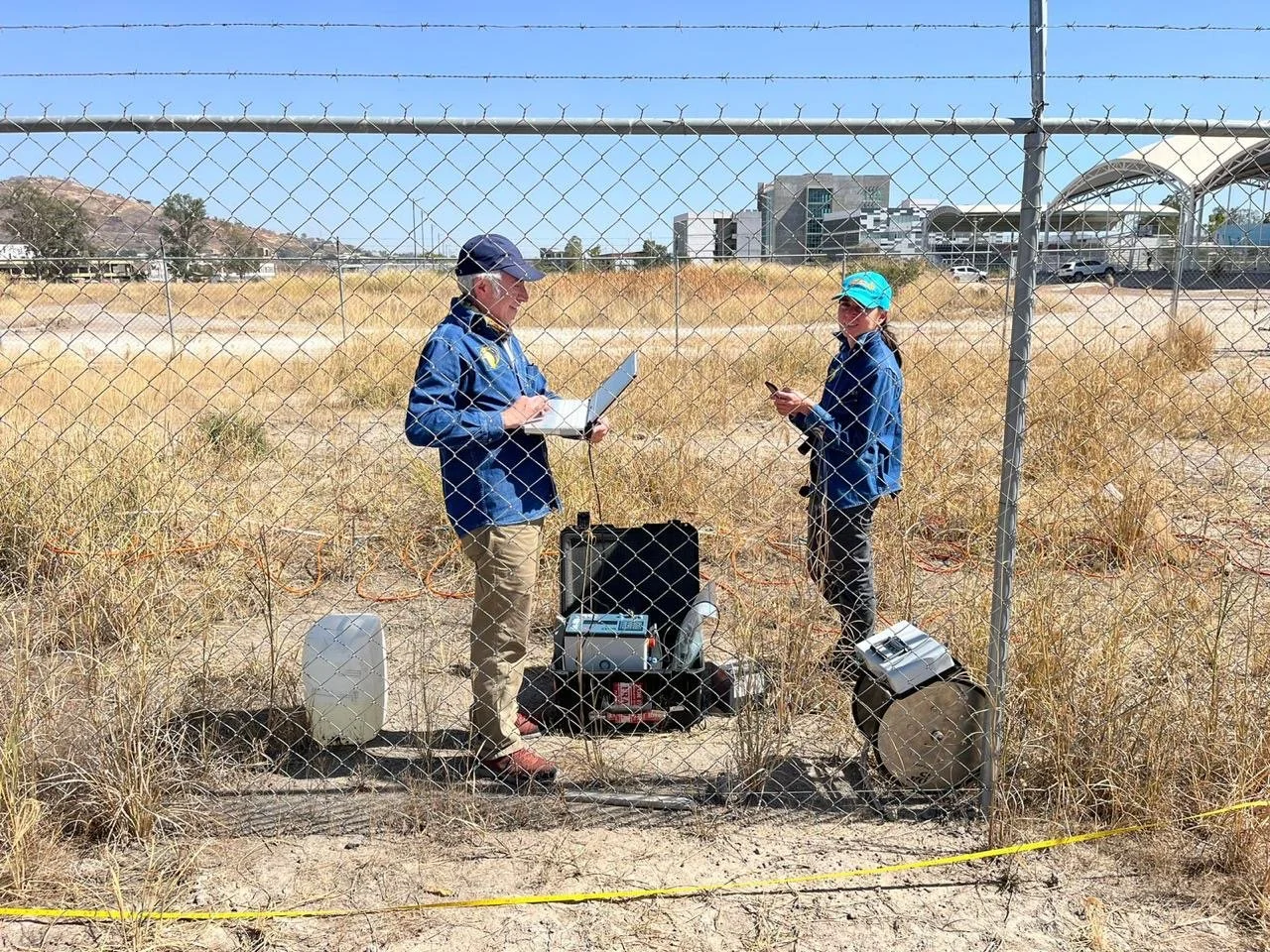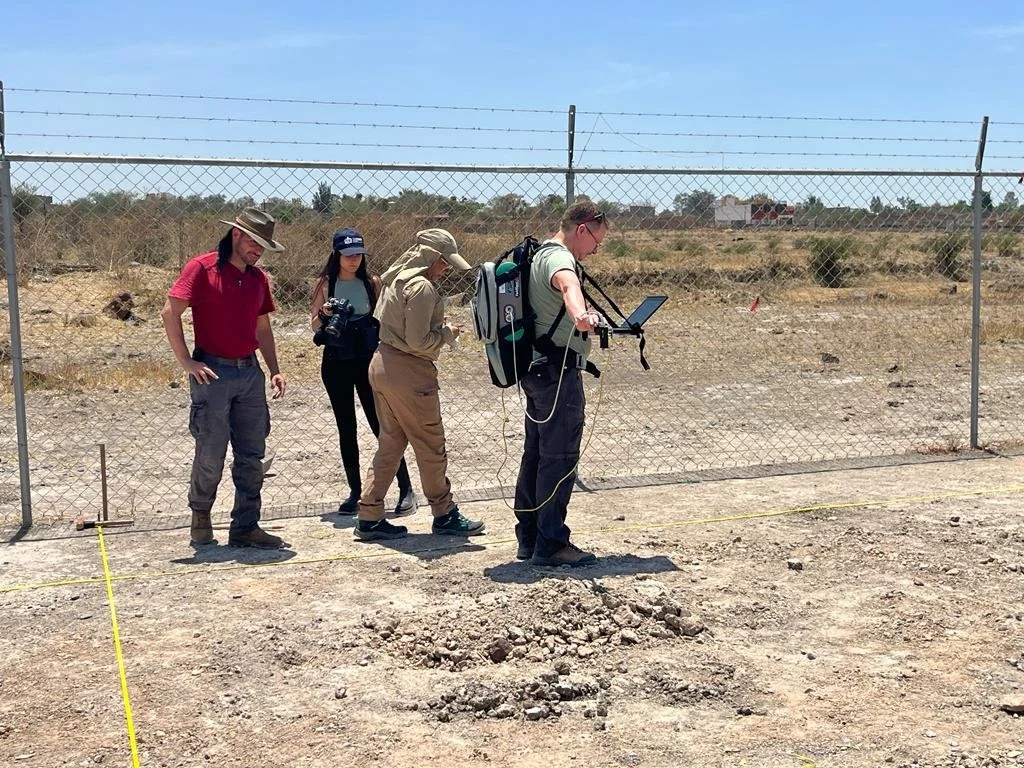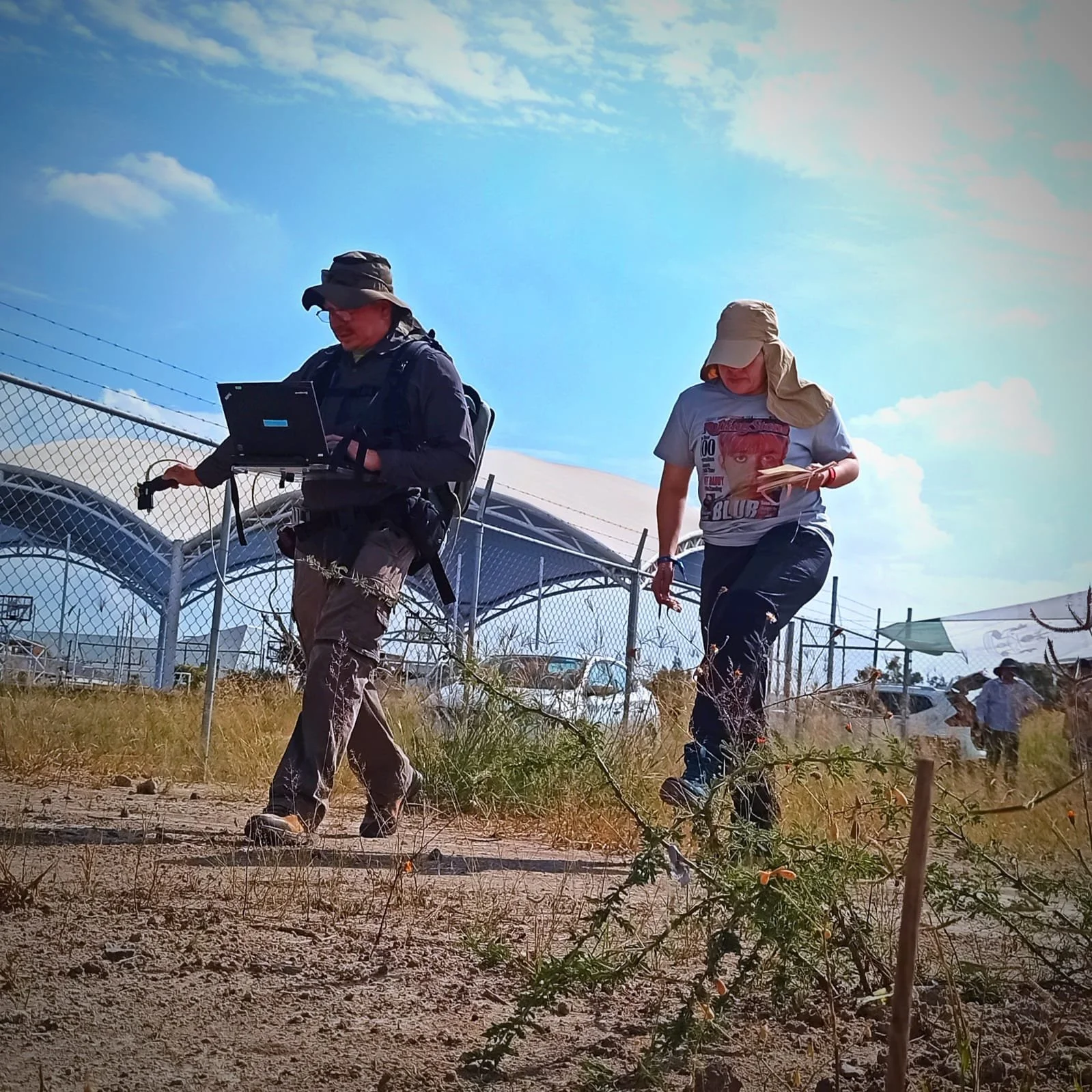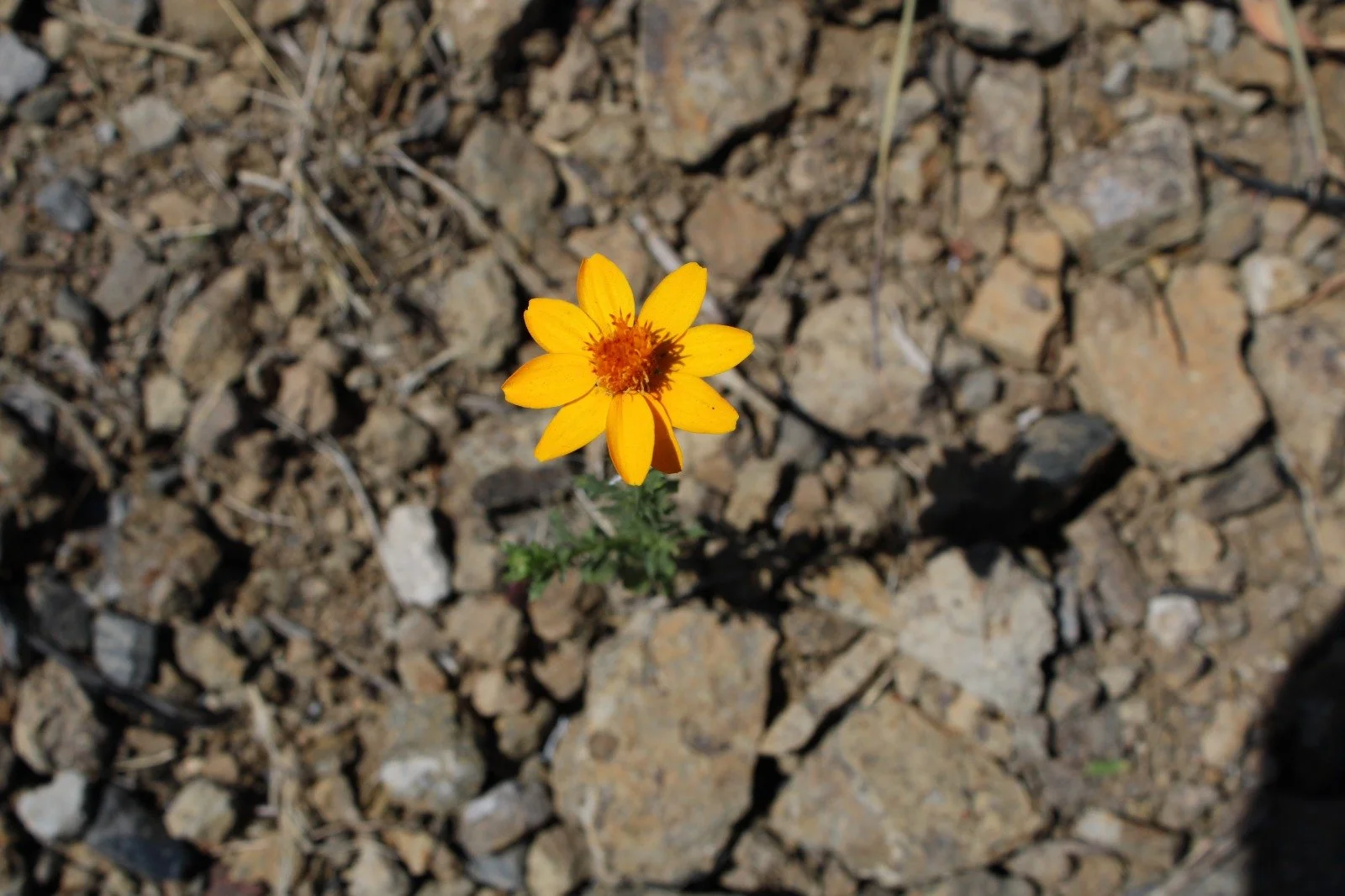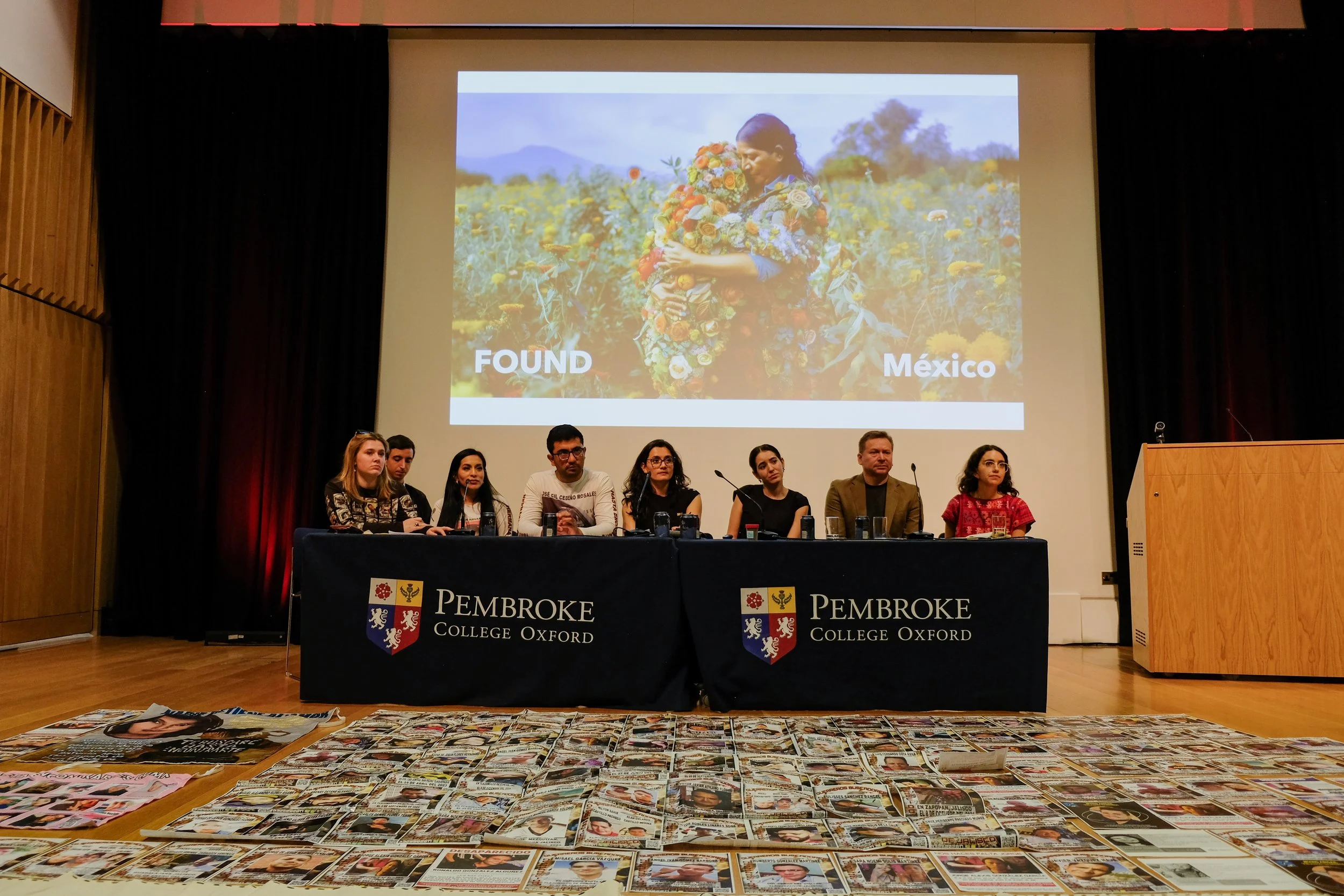FOUND: Testing technologies to locate clandestine graves
THE QUESTION
Can a combination of sensors, satellite imagery and machine learning help locate clandestine graves in Mexico?
LOCATION: Mexico
SECTOR: Human Rights and Democracy
TECH: AI, Internet of Things, UAVs
TIMELINE: September 2024 - present
PIONEER: Mariela Garfias
PARTNERS: CentroGeo
The Challenge
Disappearances in Mexico are a critical crisis. Since the war on drugs began in 2007, over 2,000 clandestine graves have been discovered, but thousands of victims remain missing. Many of the missing are victims of organised crime, the perpetrators of which go unpunished, perpetuating a culture of impunity.
Mothers looking for their missing children have taken up the search themselves, leading groups with community knowledge and patterns from other cases. Their efforts highlight the lack of state support, which is hindered by corruption, limited capacity, and bureaucratic delays. This forces families to resort to desperate measures, such as digging in unmarked graves without professional tools or guidance.
The Idea
This pilot will test a combination of technologies to locate clandestine graves, starting with controlled simulations before deployment in real-world scenarios. Key components include:
Drone-mounted multispectral cameras: These cameras detect changes in chlorophyll levels in plants, which may indicate nitrogen enrichment in soil from decomposed organic matter—an effective method previously used on agave plantations.
Seismic noise instruments: High-frequency sensors can identify soil disturbances and anomalies in abandoned areas, potentially signalling the presence of buried remains.
Machine learning models: Spatial data analysis will create predictive models to identify patterns and potential grave sites, using factors like clustering tendencies and proximity to reference points.
Once the solution is proven, this tech stack will be deployed in high-need areas such as Jalisco state, which has the highest number of disappearances in Mexico and is a stronghold of the Jalisco New Generation Cartel.
Our learnings and stories so far
Curious about our other work supporting human rights and democracy?
Click below to find out more 👇🏽

